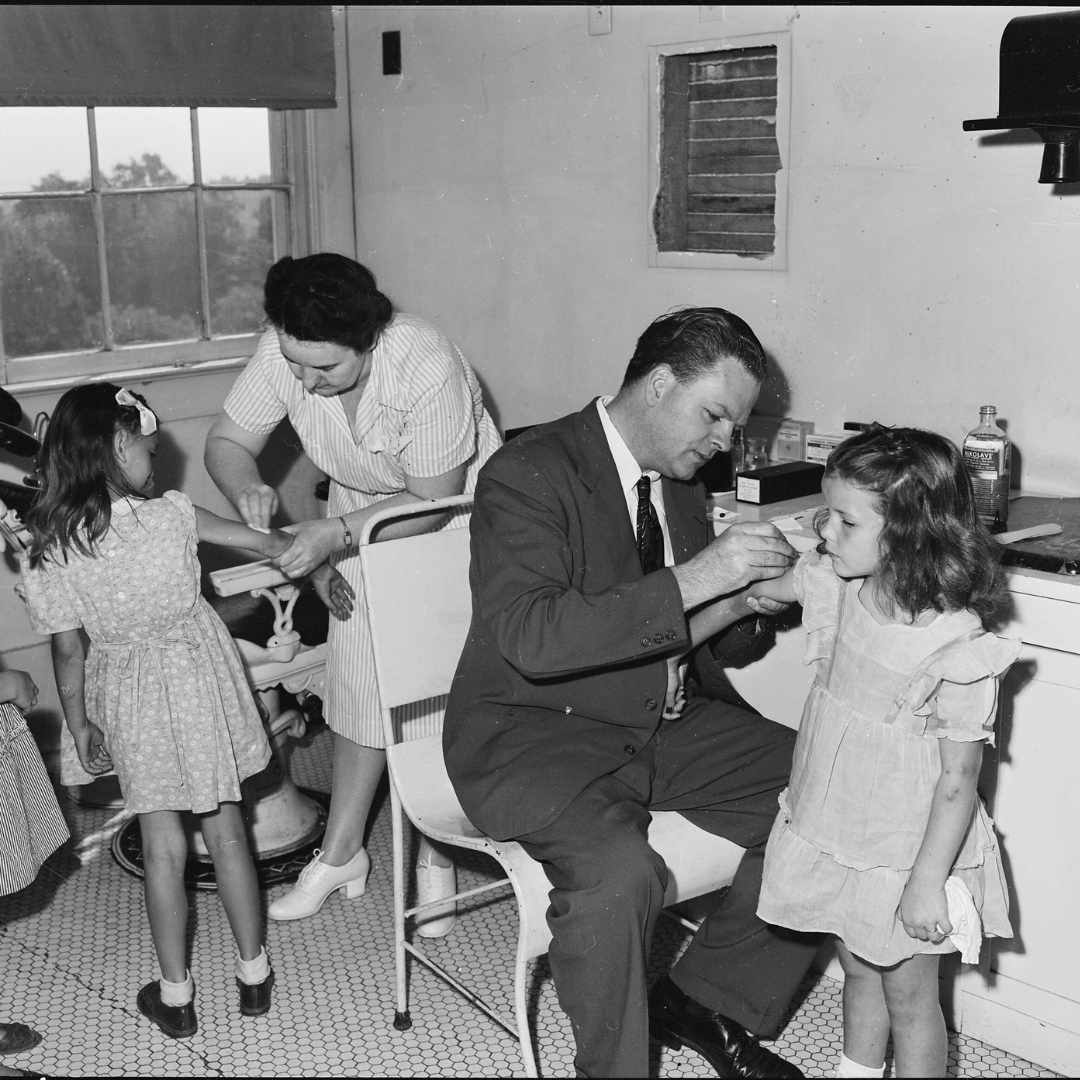When I had little babies I was involved in many different parent/mothering groups, including a baby-wearing group and nursing mother’s group. A few of these groups were popular with mothers who chose not to vaccinate their children. I vaccinated my children and tended to keep my opinion to myself—I figured it was that their decision put their kid at risk, but my children were protected, so why should I care about their decision.
 That was the case until my infant daughter, Julia, was diagnosed with Idiopathic Dilated Cardiomyopathy (DCM). The idiopathic part of her diagnosis means that the origin of her disease was unknown. She was tested for genetic, metabolic, and viral causes with results that were “unremarkable.” When Julia became ill, I stopped attending most of those mothering groups because I was afraid she would be exposed to illness.
That was the case until my infant daughter, Julia, was diagnosed with Idiopathic Dilated Cardiomyopathy (DCM). The idiopathic part of her diagnosis means that the origin of her disease was unknown. She was tested for genetic, metabolic, and viral causes with results that were “unremarkable.” When Julia became ill, I stopped attending most of those mothering groups because I was afraid she would be exposed to illness.
Julia was treated with medication for three years and eventually started having breathing and fatigue issues related to her DCM. Our only option was to list her for a heart transplant. Julia received her new heart when she was four years old. This is when I learned something both interesting, shocking, and scary: Julia would no longer be able to receive any live vaccinations due to the immune-suppressant medication needed to prevent organ rejection. These vaccinations include the MMR, varicella, and the flu mist (she is able to receive the flu shot).
Among those in the transplant community, I am considered lucky because Julia was up-to-date on all of her vaccinations at the time of transplant. This means that she is partially protected from her infant-toddler doses of these vaccinations. Families who have children who received transplants as infants will never be able to receive MMR or varicella vaccinations. This puts infant and child transplant recipients at greater risk of contracting the diseases these vaccines protect against.
These children have little to no vaccine protection and they are also immunosupressed, which makes them more susceptible to contracting illnesses, which, for them, would be devastating. Other people who are at risk due to medically necessary vaccine exemptions are children who are allergic to ingredients in the vaccines or who are immunocompromised.
Since Julia was diagnosed with DCM, I have heard people say that not vaccinating is not a big deal because the body can just “fight off the illness.” What I want people to know is that illnesses like measles, mumps, rubella, and chicken pox can be very serious—even life-threatening to infants and children who are immunosuppressed, and even to those who are perfectly healthy. I would ask new parents who are considering their options regarding vaccinations to consider my daughter and children like her.
By choosing to vaccinate, you will protect your child from life-threatening illnesses, but you will also protect mine.
Rebecca Renz lives in Colorado with her husband. Jeff, and two children. She has a Master’s degree in Early Childhood Special Education. Her daughter had a heart transplant six years ago when she was 4 years old. She currently works as a special education coordinator for a public early childhood education center.



